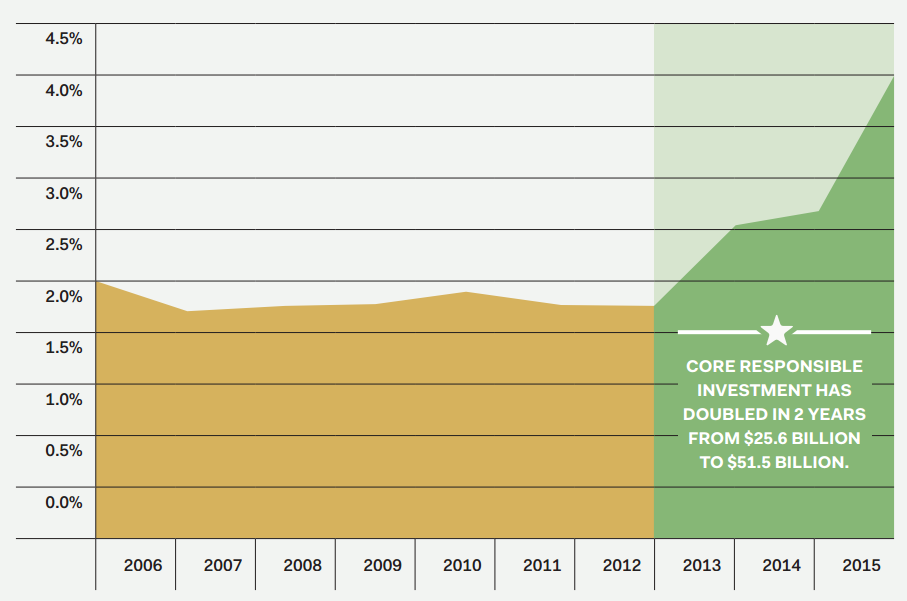Millennials set to change the investment landscape
Millennials have recently become the largest demographic cohort and by 2030 will represent the largest source of income and consumer spending, earning two out of every three dollars in Australia. While much has been written about how the shift in spending patterns will change the retail landscape relatively little research has focused on the changes to investing and asset management. Over the next two decades millennials will not only become the largest earners but are also set to inherit significant wealth, further increasing their importance to the investment industry.
They are tech savvy, passivists
Much of the focus on the investments of millennials has to date, revolved around the growth of passive/ETF investing (Australian millennials now account for 25% of ETF trades) and the use of “robo-advice”. Both have largely been driven by lower minimum investments and low fees, making them attractive entry level propositions. While these trends are likely to continue, millennial investors are also likely to move into more traditional investment products as they build wealth over their lifetimes. Indeed, we are already beginning to see this, with Commsec finding that 50% of all new customers are under 35 years of age while millennial customers have increased by 51% over the last 5 years and now represent 28% of all active members.
… and socially responsible investment activists
With 87% of Millennials believing that business success should be measured by more than just financial performance, one of the largest changes is likely to be the continued growth in ‘impact’ investing. We are already seeing growth in these strategies accelerate in Australia, with a doubling in funds invested in “core responsible investment” strategies from 2013 to 2015 to A$51.5bn and reaching 3.8% of total assets.

Source: RIAA, Responsible Investment Benchmark Report 2016 Australia
Responsible investment strategies on the increase
With 85% of Millennials interested in or currently using social impact investments this trend is likely to accelerate further as they make up a larger proportion of the market. Additionally, 85% of millennials now consider investment decisions as a way to express their values. This is likely to see financial investments become more aligned with social, political and environmental factors, indeed 93% of millennial investors say a company’s impact in these areas is important when making an investment decision.
Here at CFSGAM, we recently conducted a survey of our own staff (30% of whom happen to be Millennials) on the extent of their individual beliefs on responsible investment. The survey found that:
- 80% of staff believe considering ESG issues leads to more complete analyses and better-informed investment decisions.
- 85% supported the view that asset owners should, as part of their duties, consider both the direct and indirect ESG impacts of their investments.
- 75% believed that the risks and opportunities associated with ESG factors are not being captured in market values.
What this tells us is that Millennial’s are ahead of the curve when it comes to thinking about the impact and implications of responsible investment strategies. Further, they are more likely to favour responsible investment strategies and are also 1.5x more likely to believe that investing responsibly does not negatively impact performance. Indeed, there is more and more evidence that utilizing ESG factors in fact improves performance, with a recent BofAML report finding that they could have helped investors avoid 90% of bankruptcies.
All this means that the industry will need to continue to adapt and suggests responsible investing will likely become increasingly mainstream and less of a niche or nice to have addition to traditional offerings.
For further insights from the economics and research team, please click here

